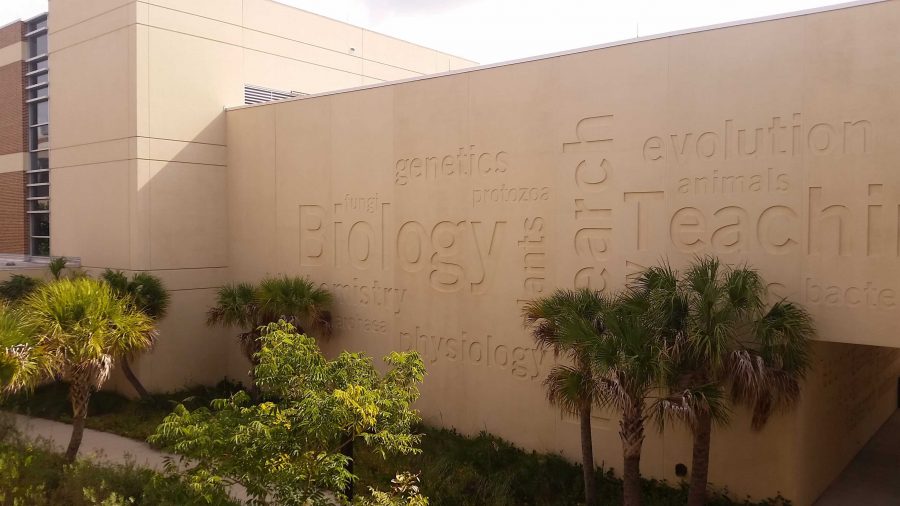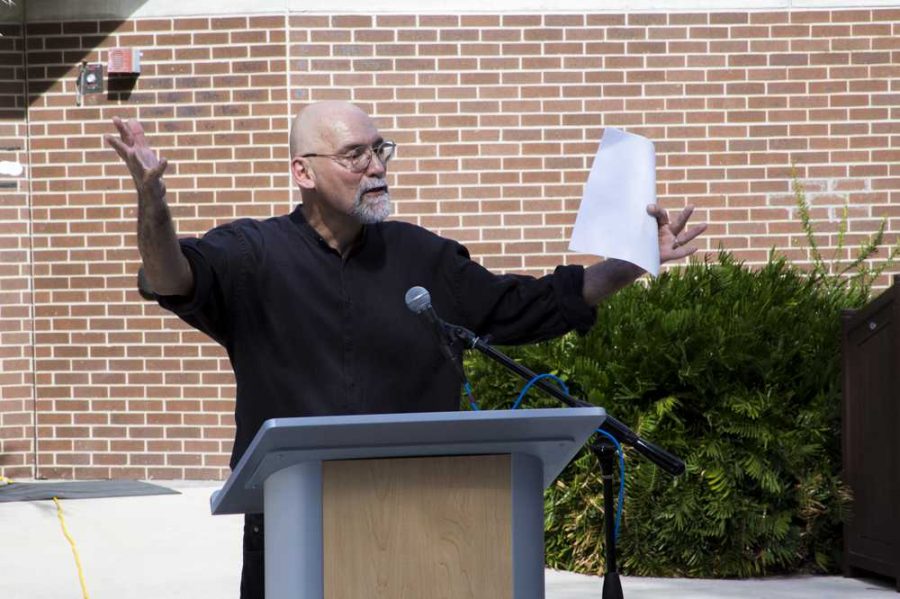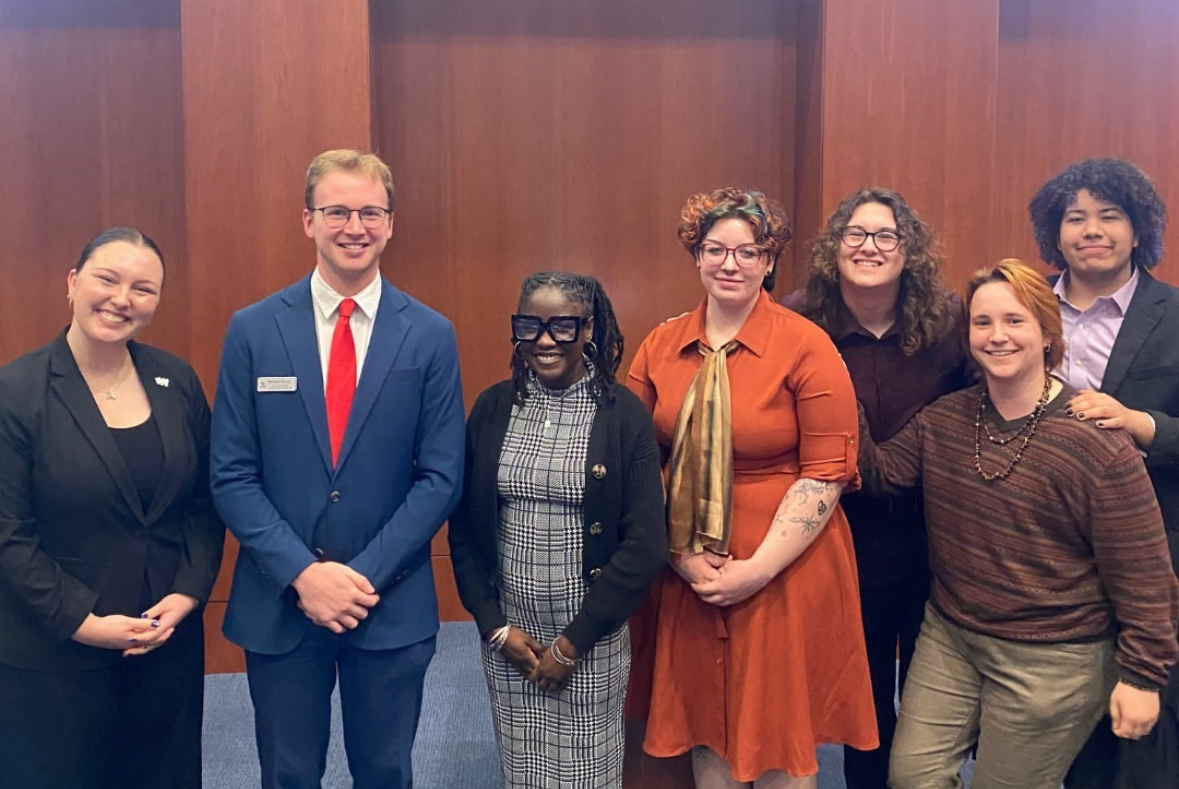If some experiments being performed in the biology building provide promising results, they could lead to organ and limb regeneration in humans down the line.
The tests, done by Dr. Vladimir Mashanov and his students, are performed on brittle stars, a sea creature with close genetic ties to the starfish. These animals have the ability to regrow lost tissue including entire limbs.
They squeeze the arms of the sea creatures until they detach and then observe them in the following weeks as they regrow the limb. As they observe the animals, they try to determine which cells from the old tissues contribute to the new, regrown tissues.
“We look at mostly the regeneration of the central nervous system because this is what we as humans cannot do,” said Mashanov. “We believe that at some point in the distant past there was a common ancestor, so the hope is that if we learn something from these animals, then at some point we can implement that.”
Mashanov hopes that the reason humans have lost the ability to regenerate is because only small changes have occurred so they can support the process with therapy. The main goal for Mashanov is to be able to turn on and off the regenerating genes in the brittle star.
“We can see which genes are turned on and turned off, but in order to really know the function of the gene, you turn it off and see how it affects the function of the regeneration,” said Mashanov. “If the gene is inactive, then you experimentally turn it on and see how it affects the cells. It will allow a much deeper understanding of their function and then we can figure out ways to do it [on humans] in a therapeutic context.”
Mashanov is excited about the future of his research but he also respects it and is wary of any danger.
“Any kind of research output is a double-edged sword, it can be useful good, or useful bad, but I think humans as intelligent beings can potentially figure out how to do good and avoid causing harm,” said Mashanov.
—
For more information or news tips, or if you see an error in this story or have any compliments or concerns, contact editor@unfspinnaker.com.












